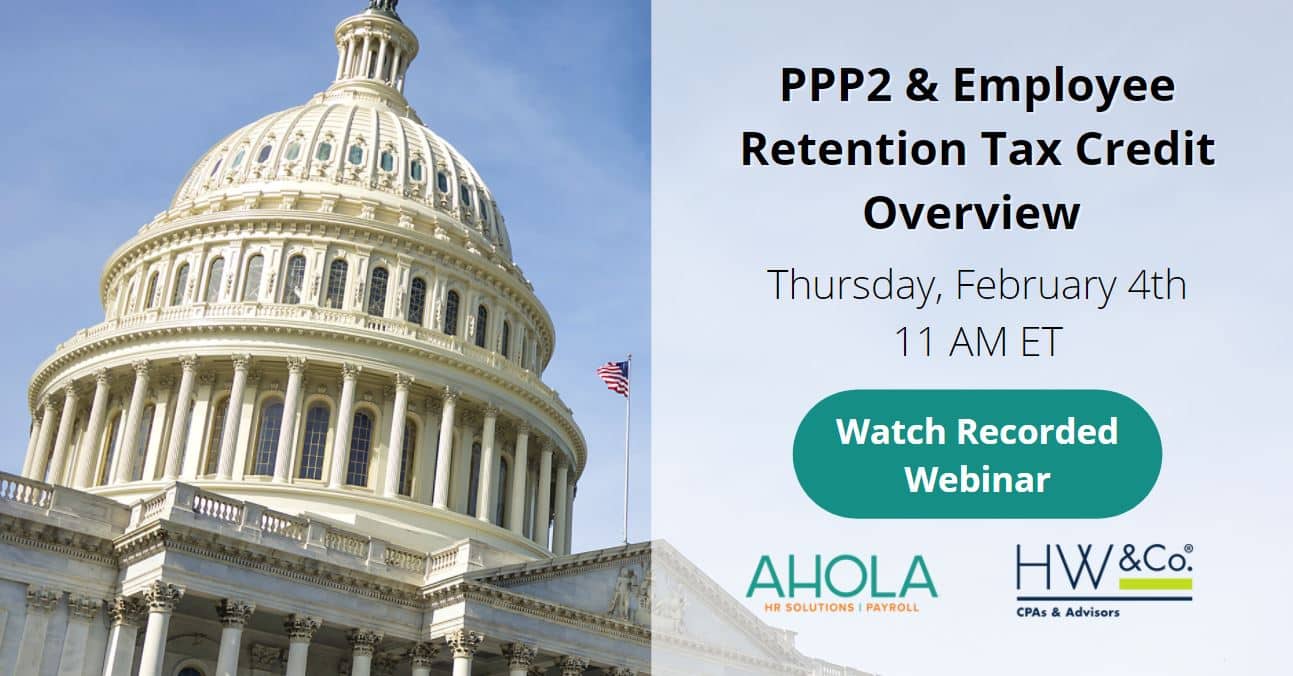IRS Issues Warning on Fraudulent Unemployment Forms
During 2020, millions of taxpayers were impacted by the COVID-19 pandemic through job loss or reduced work hours. However, scammers also took advantage of the pandemic by filing fraudulent claims for unemployment compensation using stolen personal information of individuals who had not filed claims…
The latest financial scam involves fraudulent Form 1099-G, which government agencies use to report unemployment compensation. The IRS issued the following notice:
The IRS is urging taxpayers who receive Forms 1099-G for unemployment benefits they did not actually get because of identity theft to contact their appropriate state agency for a corrected form.
States issue Forms 1099-G to the taxpayer and to the IRS to report what taxable income, such as refunds or unemployment benefits, were issued by state agencies.
During 2020, millions of taxpayers were impacted by the COVID-19 pandemic through job loss or reduced work hours. Some taxpayers who faced unemployment or reduced work hours applied for and received unemployment compensation from their state. Under federal law, unemployment benefits are taxable income.
This recent article posted by the Journal of Accountancy discusses this warning further.
However, scammers also took advantage of the pandemic by filing fraudulent claims for unemployment compensation using stolen personal information of individuals who had not filed claims. Payments made as a result of these fraudulent claims went to the identity thieves, and the individuals whose names and personal information were taken did not receive any of the payments.
Taxpayers who receive an incorrect Form 1099-G for unemployment benefits they did not receive should contact the issuing state agency to request a revised Form 1099-G showing they did not receive these benefits. Taxpayers who are unable to obtain a timely, corrected form from states should still file an accurate tax return, reporting only the income they received. A corrected Form 1099-G showing zero unemployment benefits in cases of identity theft will help taxpayers avoid being hit with an unexpected federal tax bill for unreported income.
Of course, you should also consult an appropriate professional to make sure you are not on the hook for taxes for income you never received.






Reply a Comment